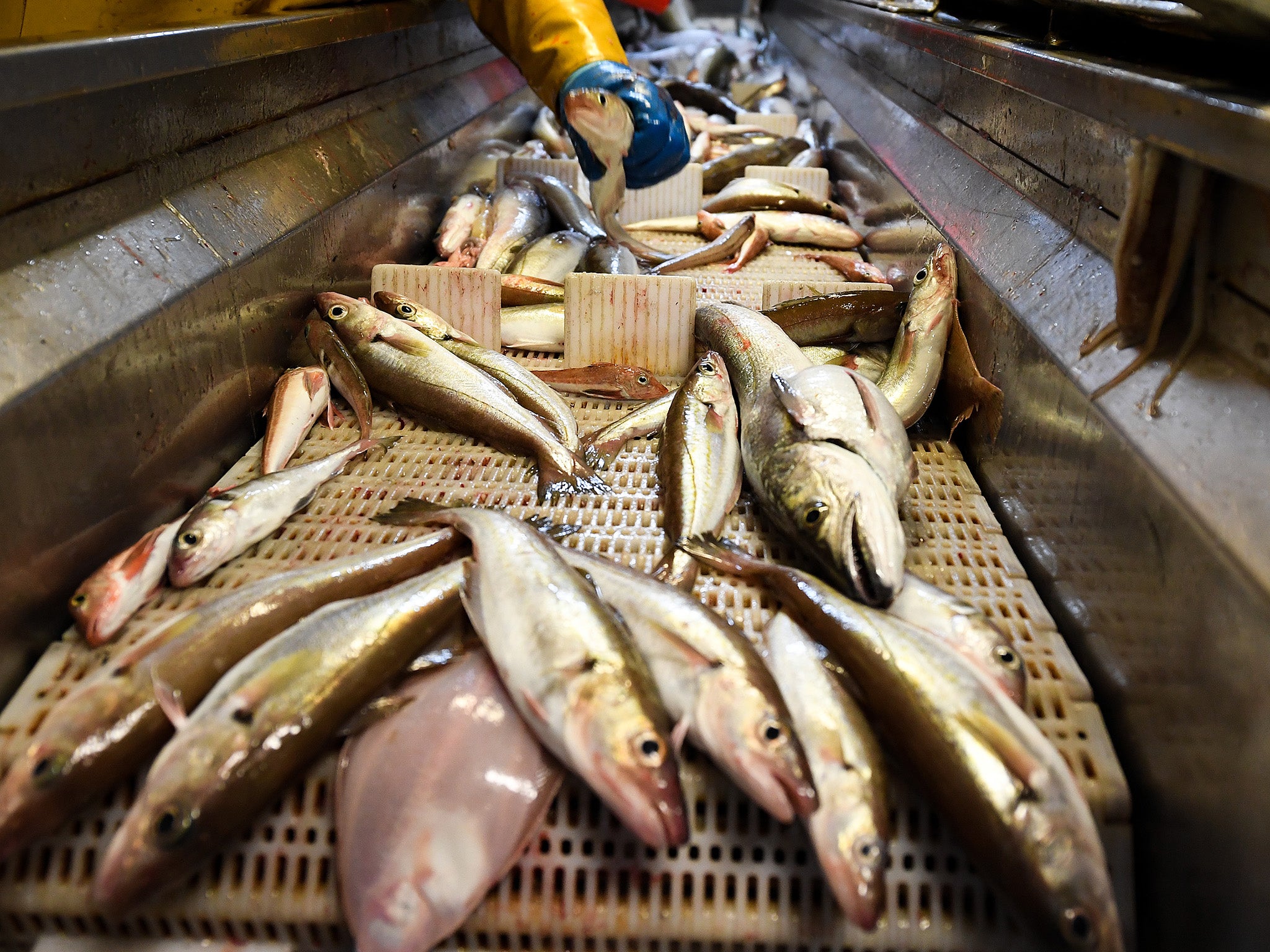As it negotiates a new fishing deal with the EU, Britain can look to Norway for inspiration
Brexit is an opportunity for the UK to replace one-sided access to its natural resources with a reciprocal and balanced arrangement, says Barrie Deas


Your support helps us to tell the story
From reproductive rights to climate change to Big Tech, The Independent is on the ground when the story is developing. Whether it's investigating the financials of Elon Musk's pro-Trump PAC or producing our latest documentary, 'The A Word', which shines a light on the American women fighting for reproductive rights, we know how important it is to parse out the facts from the messaging.
At such a critical moment in US history, we need reporters on the ground. Your donation allows us to keep sending journalists to speak to both sides of the story.
The Independent is trusted by Americans across the entire political spectrum. And unlike many other quality news outlets, we choose not to lock Americans out of our reporting and analysis with paywalls. We believe quality journalism should be available to everyone, paid for by those who can afford it.
Your support makes all the difference.After Brexit, what would a good outcome for the UK’s fishing industry look like? The answer is something like the EU’s current fisheries relationship with Norway.
Norway is an independent coastal state, with the rights and responsibilities under international law associated with that status. Stocks that are shared with the EU are managed through annual bilateral negotiations. Each autumn these talks set total allowable catches on the basis of scientific advice.
Quota shares are then agreed to reflect the resources within each other’s respective zones, rather than historic catch patterns. Likewise, access to fish in each other’s waters is not an automatic right but is part of the annual negotiations. Quota exchanges of mutual benefit can also take place.
Above all, the agreement is reciprocal and balanced, meaning that both parties benefit more or less equally. This contrasts starkly with the current position of the UK fishing industry within the EU’s Common Fisheries Policy.
EU vessels are currently permitted to catch the lion’s share of the fish in UK waters, and they fish about six times as much in UK waters as UK vessels fish in EU waters. This amounts to an asymmetric and essentially exploitative relationship that has placed the UK at a massive disadvantage for more than 40 years.
The UK government has signalled that among its top five priorities in the forthcoming negotiations with the EU is a pivot away from this kind of distortion, which limits UK cod fishermen in the Channel to 9 per cent of the quota while France enjoys 84 per cent.
Brussels has said that a trade deal with the UK will be contingent on maintaining the status quo of quota shares and automatic access rights to fish in UK waters.
Our view at the National Federation of Fishermen’s Organisations is that both the EU and the UK need a deal on trade, and that there is no international precedent for one country to obtain free access to another country’s natural resources as part of a trade deal.
The Fisheries Bill that has just begun its passage through parliament will provide ministers with the powers to manage the fisheries within the UK’s exclusive economic zone in a flexible and agile way, compared with the EU’s cumbersome and inflexible system under the Common Fisheries Policy.
Negotiated access for EU fleets, rebalanced quota shares, and a more flexible and adaptive way of managing our fisheries all add up to a welcome change for the fishing industry.
Additional fishing opportunities have the potential to transform the fortunes of some of our coastal communities. Having learnt the bitter lessons of the past, we will be careful to avoid the pitfalls of over-expansion and over-exploitation – but, in the fisheries industry, leaving the EU is widely seen as a hugely positive development.
It is true that perishable commodities such as live crab and fresh fish are vulnerable to delays at borders. There are, however, businesses in the supply chain on both sides of the Channel that are dependent on the trade in fish and shellfish, and the experience of the cod wars with Iceland is that trade quickly finds ways to overcome obstacles and adjust to new realities.
Barrie Deas is chief executive of the National Federation of Fishermen’s Organisations
Join our commenting forum
Join thought-provoking conversations, follow other Independent readers and see their replies
Comments